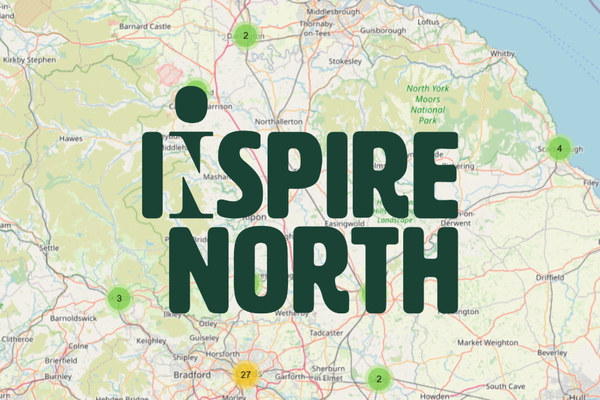The Power of Connection in Therapeutic Relationships
Celebrating International Day of Friendship:
The Power of Connection in Therapeutic Relationships
On July 30th, we celebrate the International Day of Friendship, dedicated to fostering connections and rapport among people worldwide. While friendship is typically associated with personal relationships, its principles are equally vital in professional settings, especially within therapeutic relationships*. Although friendships with clients are not appropriate due to power dynamics and professional boundaries, cultivating a friendly, respectful rapport is essential. In residential 24-hour supported services, these professional relationships are crucial for creating a psychologically informed environment, ensuring that clients feel supported and understood while maintaining clear professional boundaries.
The Importance of Connection in Therapeutic Relationships
Building and maintaining a strong connection and rapport in therapeutic relationships is essential for effective support and recovery. According to Carl Rogers*, the core conditions for a successful therapeutic relationship include empathy, congruence, and unconditional positive regard. These elements are rooted in genuine human connection and trust, mirroring the foundational aspects of friendship.
In residential supported services, staff members work tirelessly to create a safe and supportive environment where clients can thrive. These services go beyond basic care, focusing on building trust and providing emotional support. This approach is known as creating a psychologically informed environment (PIE), where the emotional and psychological needs of clients are prioritised alongside their physical needs.
Examples of Therapeutic Connection
In these residential settings, the impact of a caring and supportive environment can be profound. Consider the story of a worker who made hot chocolate for a client at 2 AM and played cards with them until they felt safe to return to bed. Such acts of kindness, though seemingly small, contribute significantly to a client's sense of security and trust. This moment of genuine care helps clients feel valued and understood, reinforcing the therapeutic relationship.
Another example is a worker who organised a birthday party and collaborated with other residents to bake a cake from scratch. This effort not only made the client feel special but also fostered a sense of community and belonging. Similarly, a worker helping a client iron a shirt for a job interview demonstrates practical support intertwined with emotional encouragement, boosting the client's confidence and sense of self-worth.
These acts of kindness and support, historically referred at Brigid House as the "Brigid magic," form the foundation of a trusting relationship and a psychologically informed environment. They are the moments that clients remember and cherish, illustrating the profound impact of compassionate care in their recovery journey.

Above images are from Brigid House, having a bird experience, brunch, and planting sunflowers in the garden
"‘I often think that staff are like personal cheerleaders as they have been nothing other than encouraging and supportive."
Resident at Alexander House
‘It’s so hard to explain just how much of an impact they have had on my life and the way I view myself and the world, don’t get me wrong there has been no magic wand and I still struggle but I know they are there to help me. I have only gained positive things by being here.’’ (Quote from a resident at Alexander House)
Theoretical Underpinnings of Trust and Psychological Safety Trust and psychological safety are paramount in therapeutic work. According to attachment theory, proposed by John Bowlby, secure attachments formed through consistent and reliable support can lead to better emotional regulation and overall mental health. In a therapeutic context, this translates to clients feeling safe and understood, enabling them to engage more openly in their recovery process.
Conclusion
As we celebrate International Day of Friendship, it's important to recognise the value of connection and rapport in all aspects of life, including therapeutic relationships. In residential 24-hour supported services, the dedication and compassion of employees create and maintain psychologically informed environments where clients feel safe, supported, and valued. These meaningful connections, built on trust and kindness, are the cornerstone of effective therapeutic work, ultimately guiding clients towards recovery. Ben Joslin, Operations Manager, Inspire North
*Therapeutic relationships are relationships between a healthcare professional and a person accessing the service. These relationships are professional, and boundaries are established between the individuals. https://www.goodtherapy.org/blog/psychpedia/definition-of-therapeutic-relationship
*Carl Rogers was an influential American psychologist and one of the founders of the humanistic approach to psychology. https://www.the-pca.org.uk/about/carl-rogers.html






